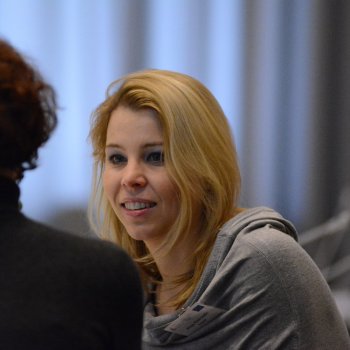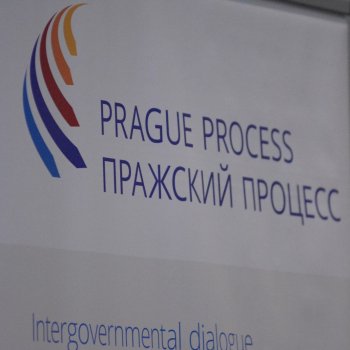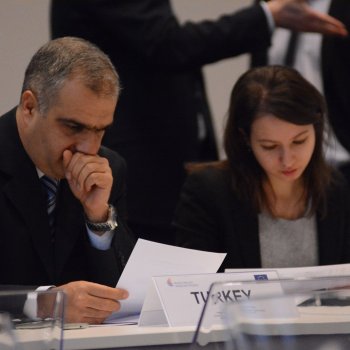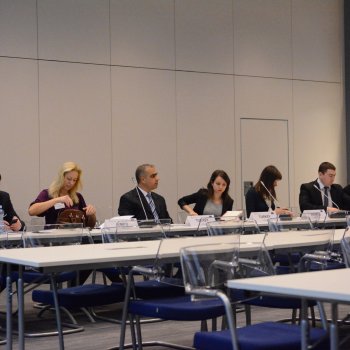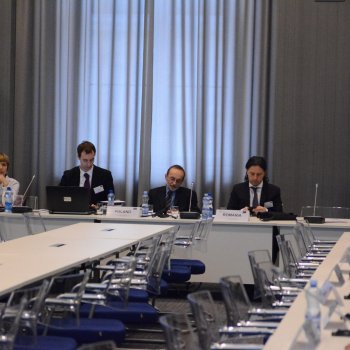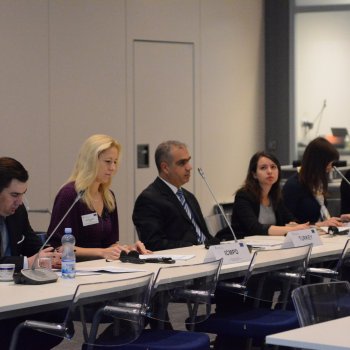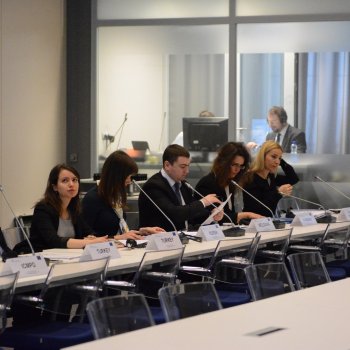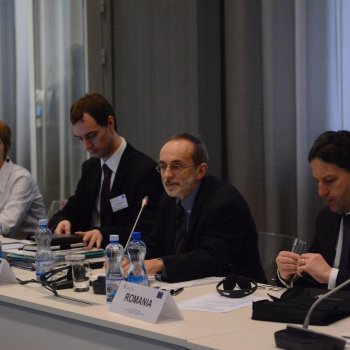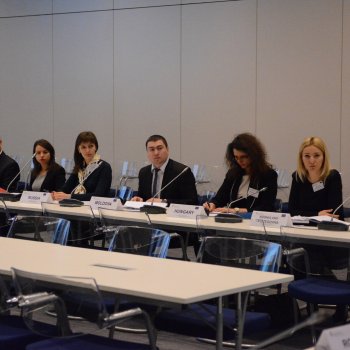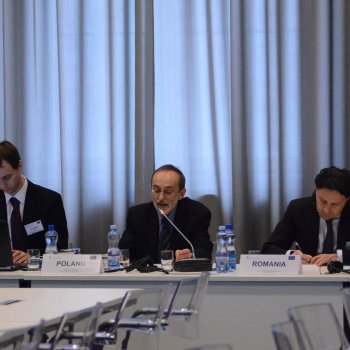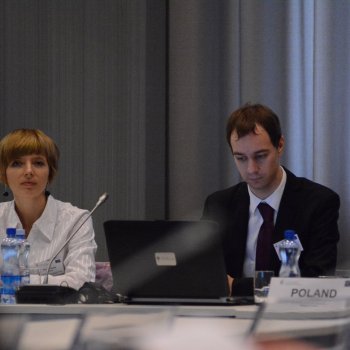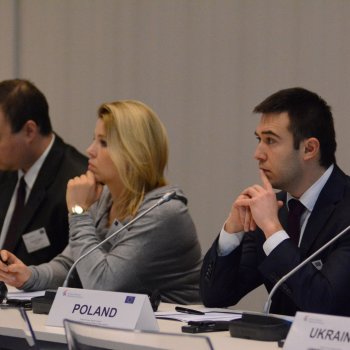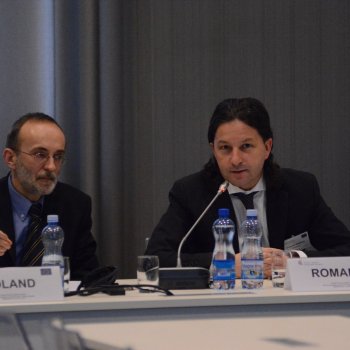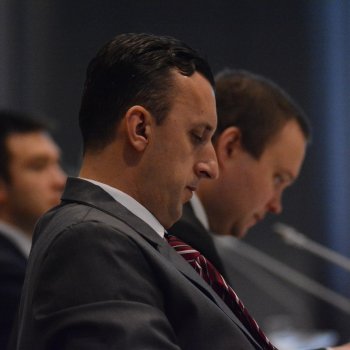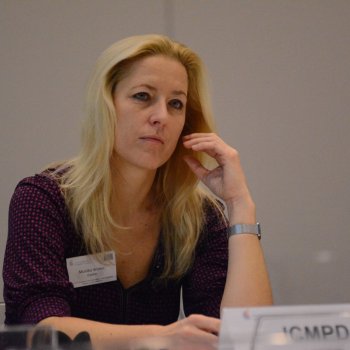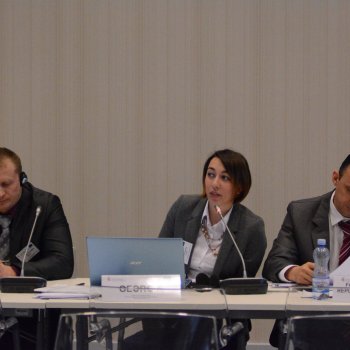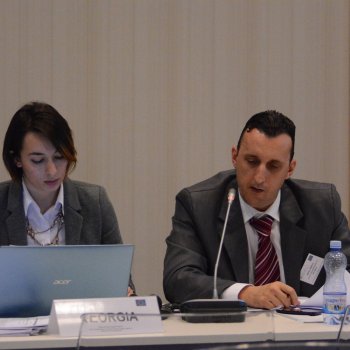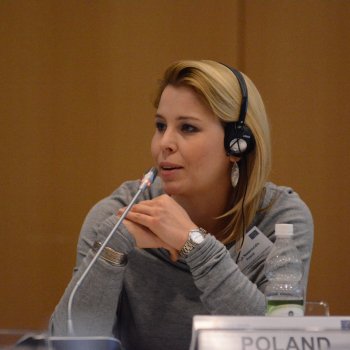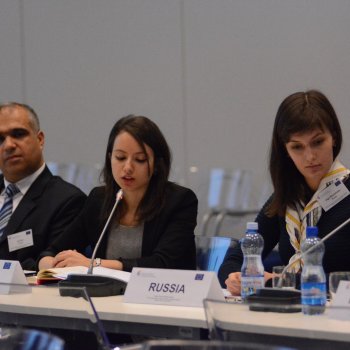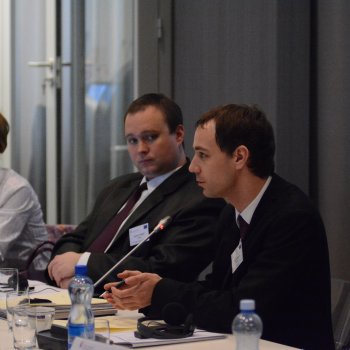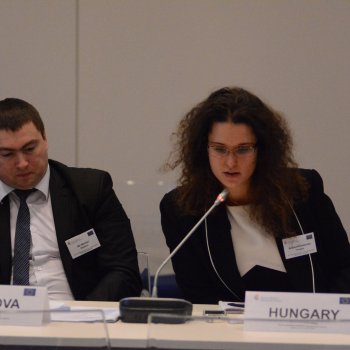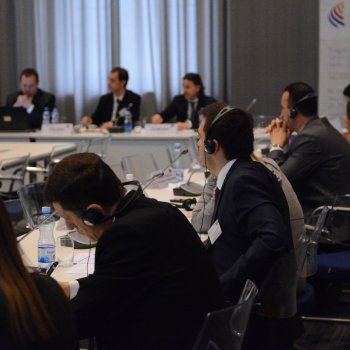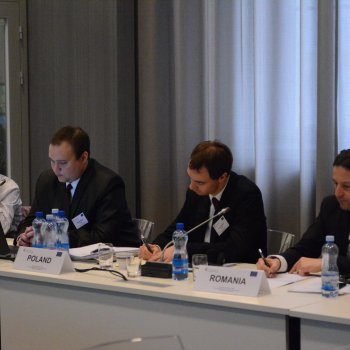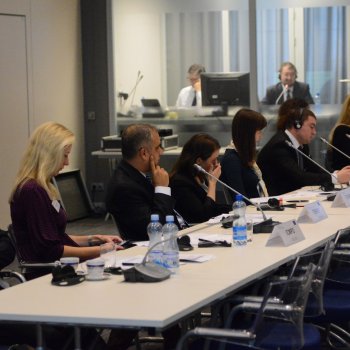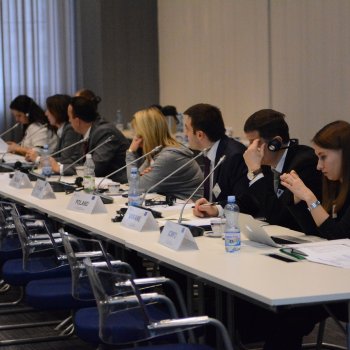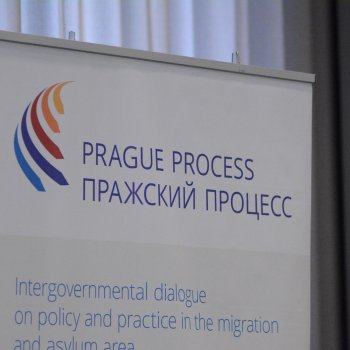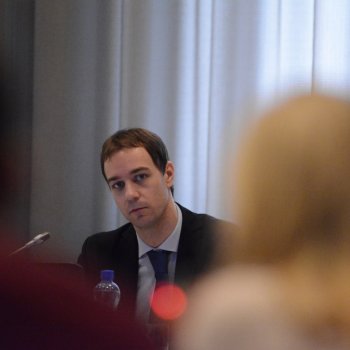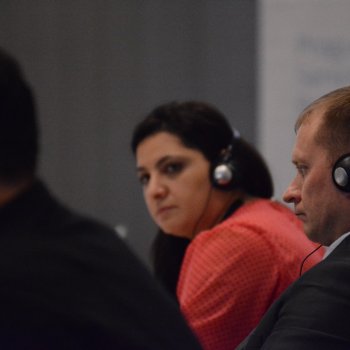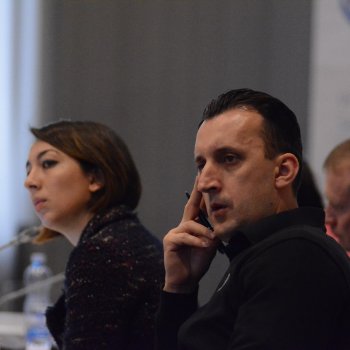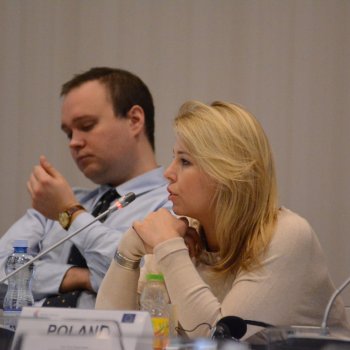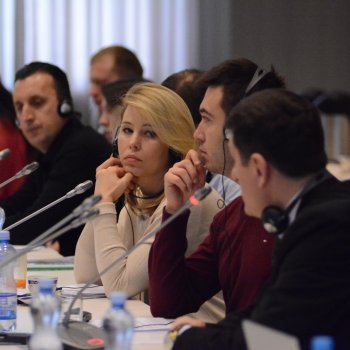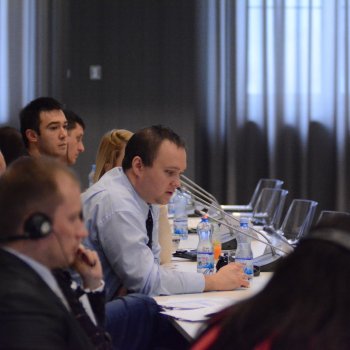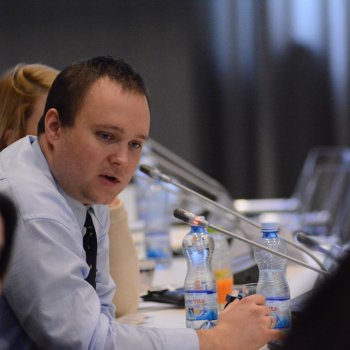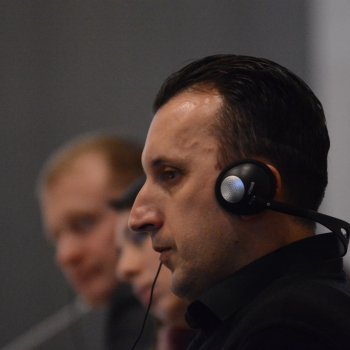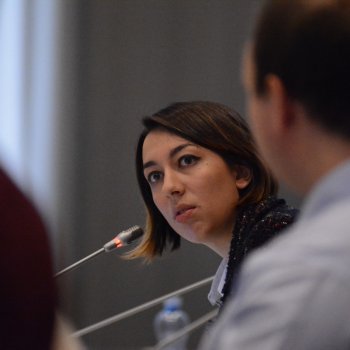Events
PP5 Kick-off Workshop on Illegal Migration
Monday, 26 January 2015 - Tuesday, 27 January 2015
Location: Warsaw, Poland
Contact:
Description
During the kick-off workshop of PP5 procedures of establishing identity of irregular migrants without documents were scrutinized by representatives of 14 out of 18 participating states. Meeting participants underlined that successful identification process is a pre-requisite for effective enforcement of migration policy instruments, including those aiming at fighting illegal migration as well as ensuring respect for the rule of law in migration cases and for sound implementation of human rights of migrants.
During the first day of the workshop participants received an opportunity to get familiar with an analysis of an impact of international legislation on national practices as regards cooperation in establishing identity of irregular undocumented migrants. Presentation of possible obstacles that countries may face while confirming identity of own nationals provided a solid background to an in-depth analysis of national procedures on establishing identity of irregular undocumented migrants. An aggregated discussion on limitations imposed on national experts by the international treaties as well as the European Court of Human Rights and the Court of Justice of the European Union and on lessons learned from national practices took place.
During the second day of the workshop an analysis of recent case law of the European Court of Human Rights and the Court of Justice of the European Union referring to establishing identity of irregular undocumented migrants was made. Participants could exchange views on, among others, issues connected with respect for human rights (especially in a context of detention and prolongation of detention of the said migrants), cooperation with migrants (especially in a context of „lack of cooperation from migrant”) and with representatives of their countries of origin.
Moreover, other projects and initiatives related to the process of establishing identity and/of nationality of irregular migrants were presented. It was agreed that this activity will be present in agendas of the following PP5 workshops as it is important to identify best practices and lessons learned from other projects that were implemented and that have been implemented.
The high attendance and, more importantly, active discussions and numerous comments on behalf of engaged participants confirm that the selection of topic and open atmosphere were welcomed by project participants.

